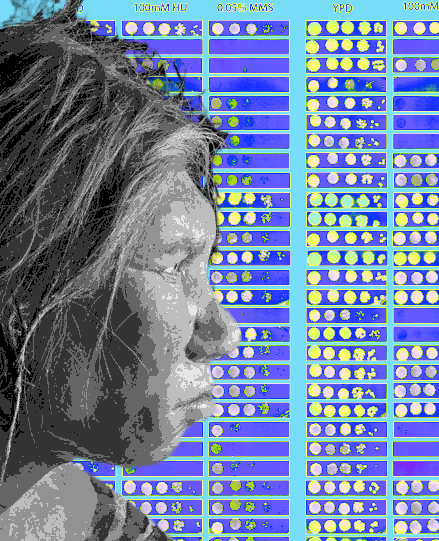Ancient mix revealed
 New research suggests even the earliest humans mingled with Neanderthals.
New research suggests even the earliest humans mingled with Neanderthals.
It has been well established that all present day non-African humans carry some Neanderthal ancestry in their DNA.
Now, researchers at Princeton University have found evidence of Neanderthal ancestry in African populations too.
When the first Neanderthal genome was sequenced, using DNA collected from ancient bones, it was accompanied by the discovery that modern humans in Asia, Europe and America inherited approximately 2 per cent of their DNA from Neanderthals — proving humans and Neanderthals had interbred after humans left Africa.
Since that study, new methods have continued to catalogue Neanderthal ancestry in non-African populations, seeking to better understand human history and the effects of Neanderthal DNA on human health and disease.
A comparable catalogue of Neanderthal ancestry in African populations, however, has remained an acknowledged blind spot for the field due to technical constraints and the assumption that Neanderthals and ancestral African populations were geographically isolated from each other.
In a paper published in the journal Cell, a team of Princeton researchers detailed a new computational method for detecting Neanderthal ancestry in the human genome.
Their method has enabled them for the first time to search for Neanderthal ancestry in African populations as well as non-African ones.
The data suggests a wave of modern humans left Africa approximately 200,000 years ago and this group interbred with Neanderthals.
This ancient group of Europeans then migrated back into Africa, introducing Neanderthal ancestry to African populations.








 Print
Print